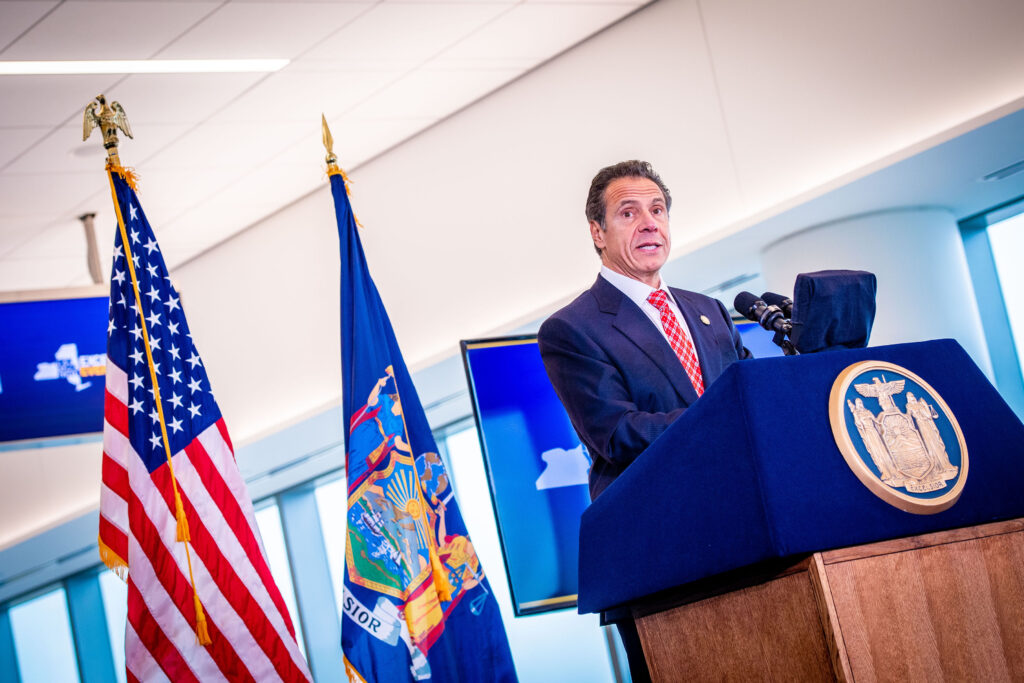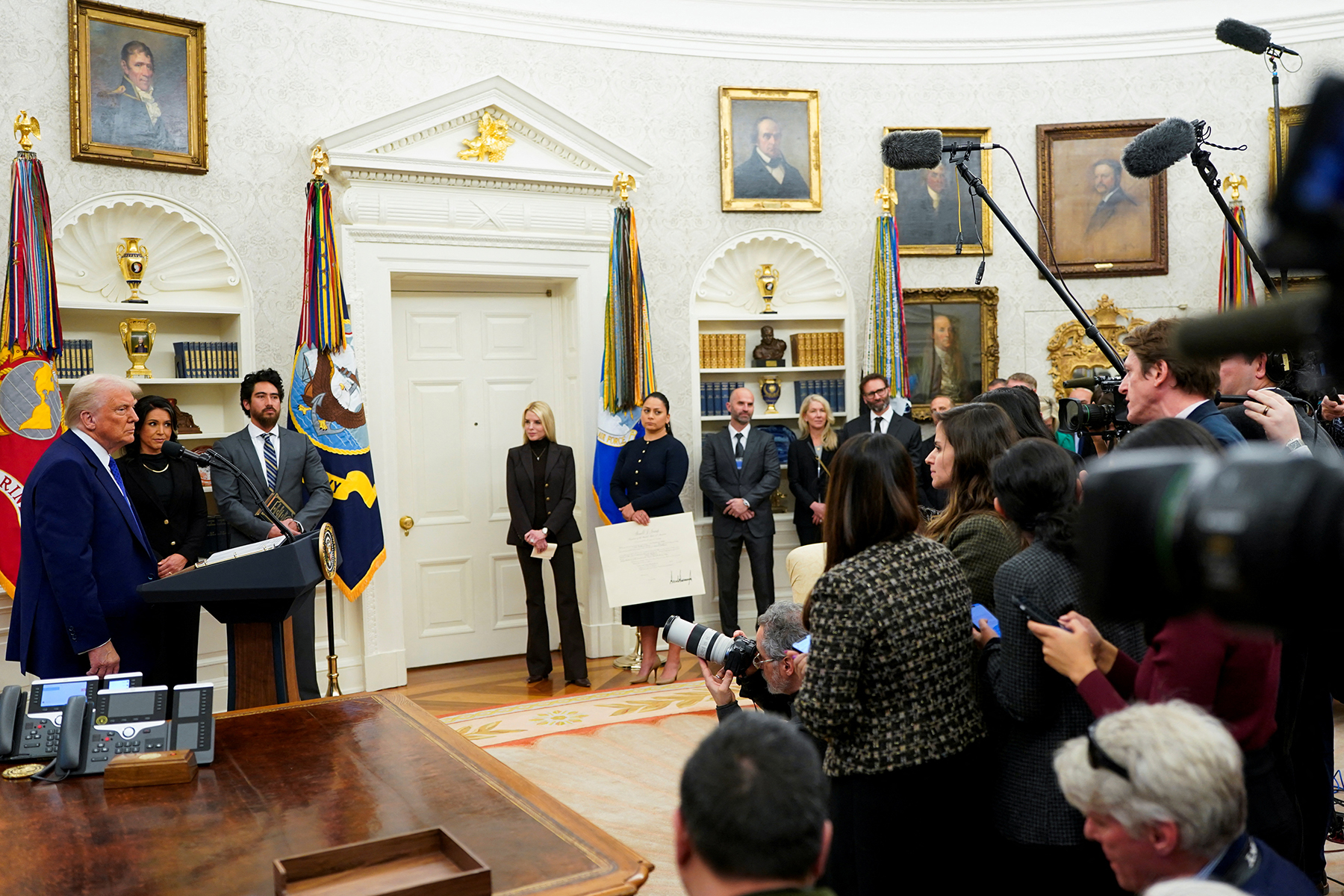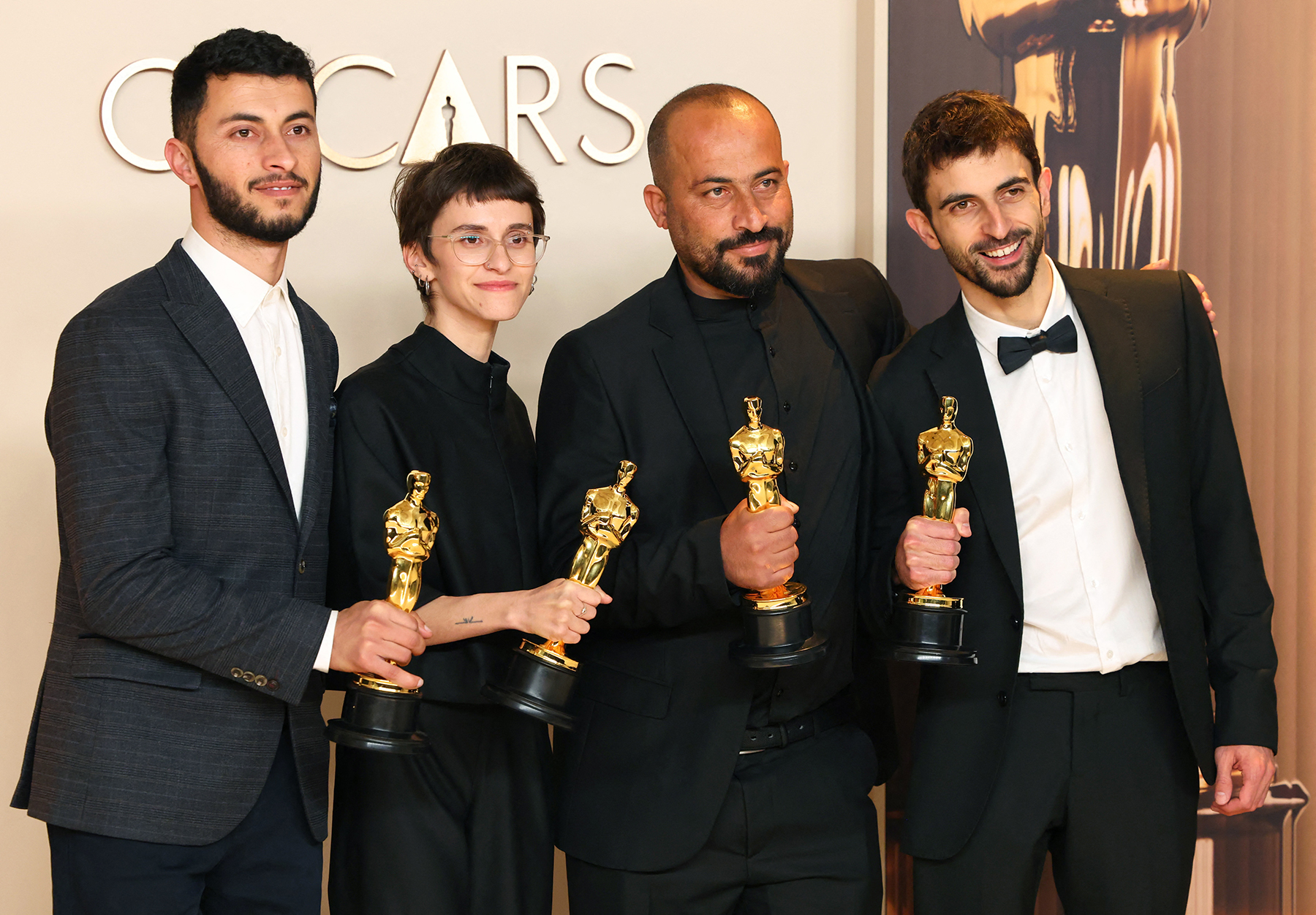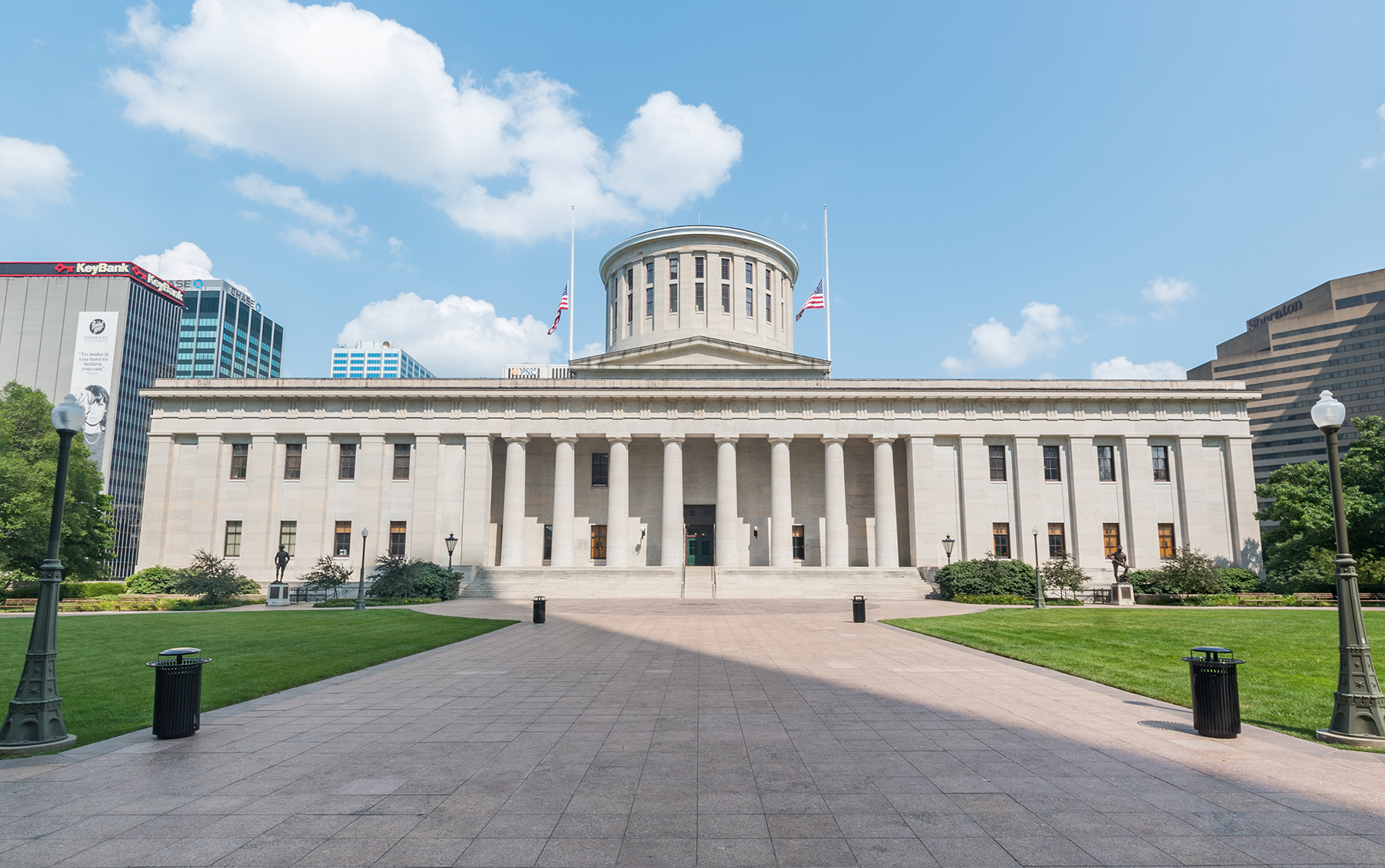On November 26th, the United States Supreme Court ordered a preliminary injunction barring the state of New York from enforcing a restriction on religious gatherings after finding that the regulations “single[d] out houses of worship for especially harsh treatment.”
See also: Limitations on Gathering Size to Slow Spread of Coronavirus Prompt First Amendment Questions
“In a red zone, while a synagogue or church may not admit more than 10 persons, businesses categorized as ‘essential’ may admit as many people as they wish. And the list of ‘essential’ businesses includes things such as acupuncture facilities, camp grounds, garages, as well as many whose services are not limited to those that can be regarded as essential, such as all plants manufacturing chemicals and microelectronics and all transportation facilities,” Justice Neil Gorsuch wrote for the 5-4 majority.
The ruling stemmed from two cases, one brought by the Roman Catholic Diocese of Brooklyn and the other by the Agudath Israel of America. Both groups claimed the state’s regulations were not viewpoint neutral or narrowly tailored to fulfill a government interest.
For example, the Catholic group pointed to the fact that while other non-essential businesses in red and orange zones were allowed to decide how many people to admit, religious institutions were prohibited from allowing more than 10 or 25 people at once. This cap applied to churches and synagogues of all sizes, including ones that normally house hundreds of people.
The majority wrote that the government could have addressed the public health concern with less restrictive rules.
“Among other things, the maximum attendance at a religious service could be tied to the size of the church or synagogue… It is hard to believe that admitting more than 10 people to a 1,000–seat church or 400–seat synagogue would create a more serious health risk than the many other activities that the State allows,” the ruling stated.
In her dissenting opinion, Justice Sonia Sotomayor wrote that state’s restrictions on houses of worship did not amount to religious discrimination because they were based on neutral public health factors such how long people stayed inside and how often they spoke or sang.
“Justice Gorsuch does not even try to square his examples with the conditions medical experts tell us facilitate the spread of COVID–19: large groups of people gathering, speaking, and singing in close proximity indoors for extended periods of time…Unlike religious services, which ‘have every one of th[ose] risk factors,’ bike repair shops and liquor stores generally do not feature customers gathering inside to sing and speak together for an hour or more at a time,” Sotomayor wrote.
Tags



